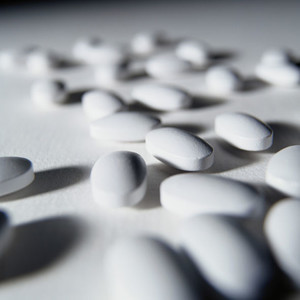The Italian government has joined many other European countries in introducing measures to slash public spending. Italy’s government has approved a Euros 24 billion austerity package aimed at reducing the national budget deficit – which last year was 5.3% of its gross domestic product – to within the euro-zone limit of 3% by 2012. Cuts aimed at generic medicines are also included amongst these measures.
Italian austerity measures include generic price cuts
Home/Policies & Legislation
|
Posted 18/06/2010
 0
Post your comment
0
Post your comment

Italy has a very small generics market, which can be attributed to the low cost of patented drugs in the country. In 2009, generic drug sales reached a value of Euros 1.14 billion, represented just 6% of the overall market by value. By 2014, it is expected to be worth Euros 2.63 billion and by 2019, generic medicine sales are expected to reach a value of Euros 3.25 billion.
According to the measures, to be implemented up to 31 December 2010, generic medicines in Italy will be faced with a 12.5% reduction in the retail price.
Additionally, from 2011, the AIFA (the Italian Medicines Agency) is to identify a maximum of four generic drugs to be reimbursed by the national health system for drugs whose patent has expired. The decision on which four generic drugs are chosen will most likely be influenced by cost, therefore encouraging competition within the generic medicines market in Italy and forcing medicine prices to decline.
Furthermore, aiming to make annual savings of at least Euros 600 million, AIFA is to review the pharmaceutical expenditure of the various territorial regions in Italy in order to provide ‘tools’ that will encourage prescription of cheaper generic drugs.
This focus on generic drugs puts the economic sustainability of Europe’s generics sector in danger, especially as the use of reference pricing systems could lead to price cuts on lower-value medicines being enforced in low volume markets.
(see also Spanish government introduces harsh generic price cuts and Austerity measures introduced in Portugal affect generics)
Guidelines
US guidance to remove biosimilar comparative efficacy studies
New guidance for biologicals in Pakistan and Hong Kong’s independent drug regulatory authority
WHO to remove animal tests and establish 17 reference standards for biologicals

Home/Policies & Legislation Posted 07/01/2026
ANVISA tackles 24-month backlog in biologicals post-registration petitions

Home/Policies & Legislation Posted 10/10/2025
The best selling biotechnology drugs of 2008: the next biosimilars targets








Post your comment